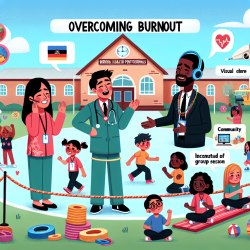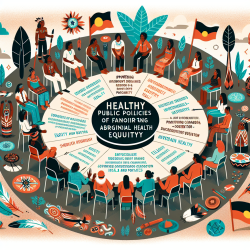The review analyzed 35 studies conducted between 1981 and 2021, which utilized various performing arts forms—such as theater, role-playing, and interactive workshops—to enhance suicide prevention efforts. The majority of these studies focused on gatekeeper training programs, aimed at equipping individuals in key positions (e.g., educators, healthcare providers) with the skills to identify and support at-risk individuals.
Key Findings
- Role-playing and interactive theater were found to be effective in increasing awareness, self-efficacy, and soft skills relevant to suicide prevention.
- Gatekeeper training programs that included role-playing techniques showed significant improvements in knowledge and attitudes towards suicide prevention.
- Studies demonstrated that active learning techniques, such as role-playing, are superior to passive methods in terms of skill acquisition and retention.
- Performing arts interventions also facilitated dialogue, reduced stigma, and enhanced coping skills among participants.
Practical Steps for Practitioners
Based on these findings, practitioners can take several steps to improve their skills and outcomes in suicide prevention:
- Incorporate Role-Playing in Training: Use role-playing scenarios in training sessions to help participants practice and refine their skills in a controlled, supportive environment.
- Utilize Interactive Theater: Consider using theater-based interventions to address deeply held stigmas and promote prosocial behavior among at-risk populations and gatekeepers.
- Engage in Active Learning: Move beyond passive training methods by incorporating dynamic interactions between trainers and participants, such as through workshops and simulations.
- Focus on Emotional Engagement: Use performing arts to create emotionally engaging experiences that can enhance participants' empathy and understanding of mental health issues.
- Evaluate and Adapt: Continuously assess the effectiveness of performing arts interventions and adapt them based on feedback and outcomes.
While the review highlights the potential benefits of performing arts in suicide prevention, it also calls for more rigorous research to evaluate their effectiveness. Practitioners are encouraged to not only implement these strategies but also contribute to the growing body of evidence by documenting and sharing their experiences and outcomes.
To read the original research paper, please follow this link: Performing Arts in Suicide Prevention Strategies: A Scoping Review










